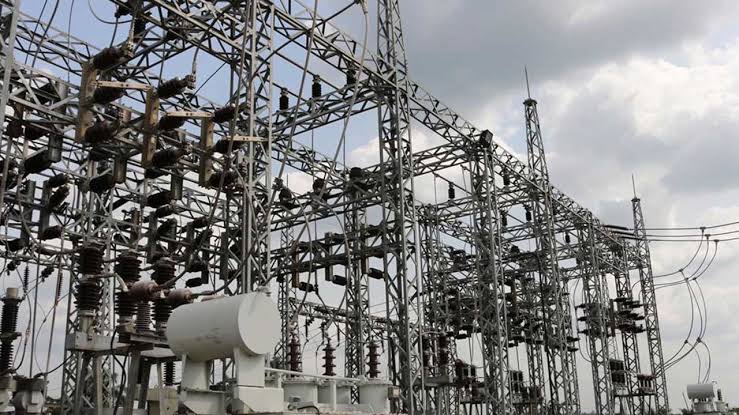Digital evolution will transform energy sector — Experts
Leading oil and gas experts in Nigeria have called for the full adoption of digital technologies to overcome the complex challenges facing the country’s critical energy sector.
The experts delivered their insights during the just-concluded Press Week Lecture and Symposium organised by the Nigeria Union of Journalists and the News Agency of Nigeria Chapel in Lagos.
The event, themed ‘Transforming Energy: The Digital Evolution of Oil and Gas’, brought together industry specialists, media professionals, traditional rulers, and students.
The Chairman of the Petroleum Technology Association of Nigeria, Wole Ogunsanya, who was represented by Vice Chairman Mr. Obi Uzu, noted that Nigeria’s oil production had risen to about 1.7 million barrels per day and was expected to reach 2 million barrels soon
Ogunsanya emphasised that increased production would strengthen the naira and fund key infrastructure projects like railway networks connecting Lagos to northern, eastern, and southern Nigeria, without excessive borrowing.
He stressed the importance of using oil revenue to sustain national development rather than relying heavily on loans, which undermine financial independence.
Comparing Nigeria to Norway, Ogunsanya explained how the Nordic country had prudently saved and invested oil earnings into education, infrastructure, and long-term development, in contrast to Nigeria’s monthly revenue distribution system.
The CEO and Executive Secretary of the Major Energies Marketers Association of Nigeria, Mr. Clement Isong, represented by Ms. Ogechi Nkwoji, identified the urgent need for the sector’s stakeholders and regulators to embrace digital technologies.
According to him, digital evolution can boost operational efficiency, reduce costs, enhance safety, and align with sustainability goals.
Isong pointed out that the downstream energy sector forms the backbone of Nigeria’s economy.
“When the downstream system functions well, commerce thrives, hospitals operate, and markets stay open. When it fails, chaos and hardship follow immediately,” he said.
Isong identified challenges such as price volatility, equipment failures, fuel losses, fraud, and environmental risks, linking them to ageing infrastructure, poor record-keeping, and skill gaps.
According to Isong, the solution lies in integrated digital tools like sensors, automation, analytics, and secure transaction systems to monitor refining, storage, distribution, and retail activities.
He listed other tools to include AI-powered pipeline leak detection, terminal automation systems for depot operations, digital tank gauging and predictive maintenance.
He said tools also included blockchain for supply chain transparency and cashless fuelling platforms.
The CEO added that many MEMAN members were already progressing towards digitalisation, which he said would improve safety, environmental protection, operational efficiency, financial transparency, regulatory compliance, and workforce productivity.
The CEO of the Centre for the Promotion of Private Enterprise, Dr. Muda Yusuf, called for urgent policy reforms alongside digital transformation to unlock Nigeria’s oil and gas potential.
Yusuf stressed the need for coherent policies, strong institutions, and bold leadership to attract investment, increase production, diversify revenue, and create jobs.
He underscored that digitalisation is no longer optional but essential to remain competitive globally, particularly as investors increasingly demand transparency and robust ESG reporting.
In his words, Dr. Ayodele Oni of the Energy & Natural Resources Practice Group at Bloomfield Law Practice urged Nigeria to leverage technology to support its citizens and export innovations across Africa.
Oni advocated expanding pipeline infrastructure to transport gas to North Africa and Europe, reducing dependence on crude oil.
He emphasised the critical role of technology in remotely monitoring oil and gas facilities, warning that without continued evolution, Nigeria risks falling behind as global energy transitions to electric vehicles and cleaner fuels.
Also, the Head of Corporate Communications at Sterling Oil Exploration & Energy Production Company, Mr. Aveek Biswas, stated, “As part of this commitment, SEEPCO has continued to roll out additional technology-driven platforms, including a real-time digital incident reporting system, a digital Unsafe Act and Unsafe Condition reporting tool, Safety Observation Reporting Tracking and a streamlined e-Permit to Work system.
“These platforms are designed to enhance transparency, strengthen compliance, and ensure prompt responsiveness across our operations.
“They form part of our broader focus on responsible oil and gas exploration and production that supports Nigeria’s economic development while aligning with global industry standards.”














Post Comment